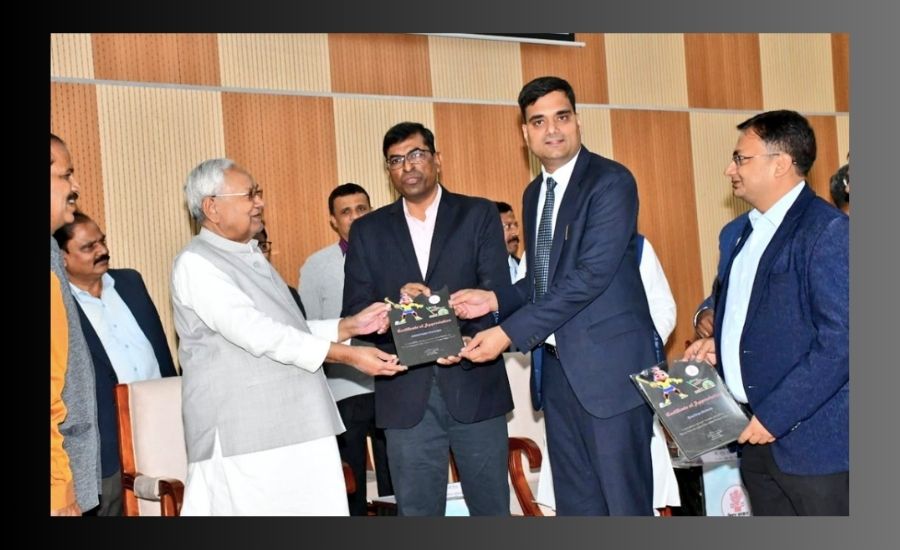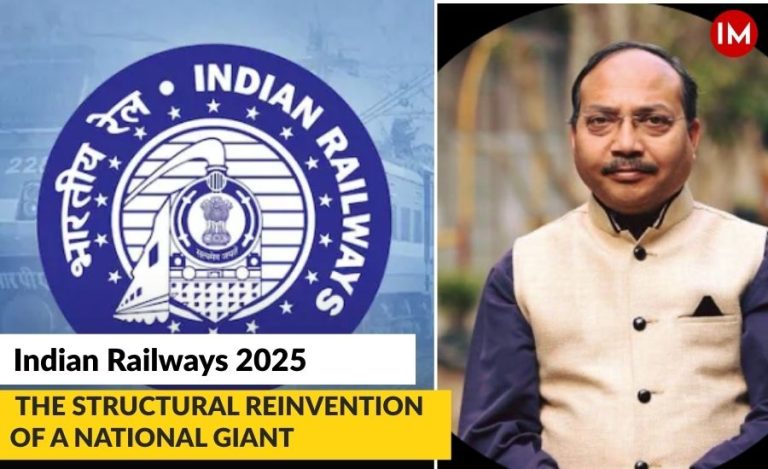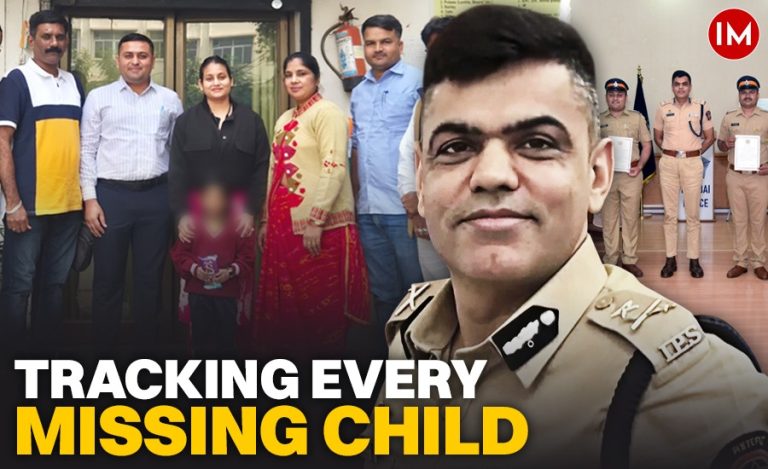In the quiet corridors of Bihar’s Building Construction Department, where files move with purpose and policies take shape, sits a man whose journey reads like a modern epic—full of turns, tests, and triumphs. IAS officer Ashutosh Dwivedi, a 2018 batch officer of the Bihar cadre, currently serves as the Joint Secretary in the department. But long before he was steering development projects in Bihar, he was building engines of a different kind—literally. A mechanical engineer from Uttar Pradesh, Ashutosh once worked at Maruti, then as a scientist at ISRO, and later with GAIL. Yet, his real calling was still waiting—hidden somewhere between a brother’s dream and a quiet personal resolve.
A BROTHER’S DREAM
Born in a middle-class family in Uttar Pradesh, Ashutosh had always been rooted in values of hard work and humility. While he was working his way up in corporate and public sector roles, the idea of civil services lingered in the background. Interestingly, it was his elder brother who first set his sights on UPSC. “My brother reached the interview stage in one of his attempts but couldn’t make it to the final list. It was a dream he had cherished for long,” Ashutosh recalled while speaking to Indian Masterminds. However, being employed in the state government, his brother eventually gave up further attempts. That unfulfilled ambition stayed with Ashutosh—not as pressure, but as motivation.
While at GAIL, something within him shifted. Even though he hadn’t planned a formal entry into UPSC preparation, the spark slowly caught fire. In 2015, he cracked the exam and was selected for the Indian Police Service (IPS). But his aspirations continued to soar. In 2016, he cleared it again—this time for the Indian Revenue Service (Customs). Finally, in 2017, he achieved his goal and entered the prestigious Indian Administrative Service, joining in 2018.
He was already midway through his IPS training when the IAS results were declared. Only three months of field training remained, but without hesitation, he moved over to the IAS, completing one long chapter of preparation and perseverance.
WEARING TWO HATS
Having trained in both IPS and IAS academies, Ashutosh is one of the few who has truly experienced the contrast. “IPS training is deeply physical and command-based,” he explains. “It transforms you—teaches you how to take orders and then give them. The discipline is intense, but necessary for a uniformed service. IAS, on the other hand, functions in a completely different space. The work is administrative, policy-driven, and far less hierarchical in command structure.”
Yet, when it comes to working on the ground, he believes the two services face similar societal challenges. “Both are about public service at the end of the day. Whether it’s law and order or development work, the people look to you for solutions.”
REJUVENATING RIVERS, RESTORING HOPE
One of the most impactful stints in Ashutosh’s career so far was as the Deputy Development Commissioner (DDC) of Muzaffarpur. It was here that his work began to take visible shape, especially through the rejuvenation of the Baya River. The once-thriving river had become little more than a seasonal drain, bringing misery to residents of nearly 30 panchayats.
Under his leadership, a large-scale rejuvenation project was launched, significantly improving drainage and reducing monsoon waterlogging. “It wasn’t just about water—it was about dignity,” he says. “Seeing villagers relieved, hearing them say they could finally sleep peacefully during rains—that was the real reward.”
Another initiative he led was an ambitious plantation drive under the Environmental Council. Muzaffarpur became one of the first districts to roll it out successfully. The results were so promising that the model was adopted across other districts in Bihar.
SERVICE BEYOND SYSTEMS
But not all impactful work comes with media attention or budget allocations. Sometimes, it comes from listening. One such moment stayed etched in his memory—a differently-abled student who had been coming to the office repeatedly, asking for a tricycle. “He just wanted to attend college and coaching like everyone else. That day, I made sure he left the office with the tricycle. That moment… the smile on his face… it reminded me why we do this work.”
He believes these small victories are as important as big reforms. “Public service is not just about files and data; it’s about restoring faith. If one person walks out of your office believing that the system works, that’s a win.”
BREAKING STEREOTYPES, BUILDING FUTURES
Having served in Bihar for several years now, Ashutosh feels the state’s biggest challenge isn’t infrastructure or law and order—but perception. “Statistically, Bihar has one of the lowest crime rates per thousand people. Electricity has reached almost every village. But outside perception hasn’t caught up,” he says.
He believes this outdated image affects tourism, investment, and even internal morale. “People expect chaos, they expect lawlessness—because that’s what they’ve seen in films or heard in old narratives. Changing that perception is the next frontier.”
A POET AT HEART
Away from the files and fieldwork, Ashutosh finds peace in poetry. A writer since college, he often pens down reflections inspired by his work and life. “Poetry gives me space to feel—something administration doesn’t always allow,” he says with a smile. Though he hasn’t published a book yet, his poems on social media often strike a chord.
One of his recent poems compared Indian village elections to weddings—both full of preparation, emotion, and community involvement. “In both, everyone participates, everyone has opinions, and the entire village feels alive. That parallel fascinated me.”
In many ways, his poetry reflects the same empathy that defines his administrative work. As he puts it, “Poetry and public service are both about understanding people deeply. One helps me serve them better, the other helps me feel their stories more.”



































